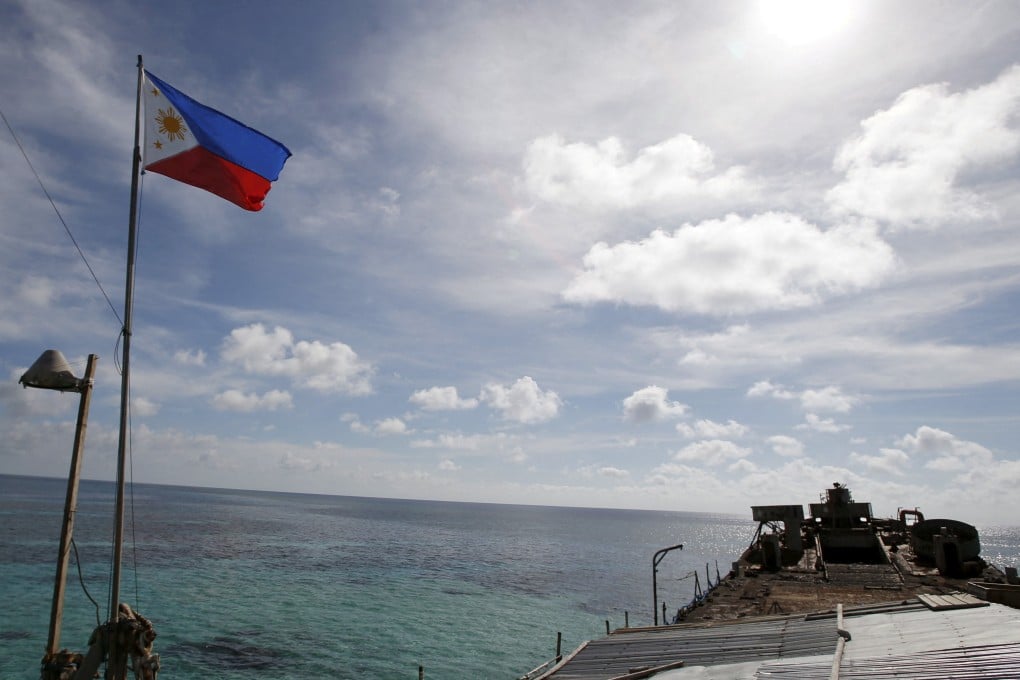Advertisement
Philippines risks Beijing’s ire as it weighs using allies for South China Sea resupply runs
- Manila is considering involving units from other countries in its regular resupply missions to a flashpoint in the South China Sea
Reading Time:3 minutes
Why you can trust SCMP
17

The Philippines is considering a plan to involve units from other countries in its regular resupply missions to a flashpoint in the South China Sea, with observers praising the move even as it risks being perceived as an escalation by Beijing.
Advertisement
News of the proposal first emerged on July 16 after the television show 24 Oras reported that the Armed Forces of the Philippines might combine its resupply missions to Second Thomas Shoal – known locally as Ayungin Shoal – with a joint exercise involving ships and aircraft from partner countries such as the US, Japan and Britain.
The report was soon shared on the Philippine military’s official Facebook page. Three days later, it also shared on Facebook that the country’s navy was considering a “joint sail” with its foreign partners for the resupply missions, without specifying any date.
“We’ll wait for the National Maritime Council to give us the appropriate guidance in terms of timing and other issues,” Defence Secretary Gilberto Teodoro told reporters on July 16. He said the decision would be made by the council and the foreign affairs department.
A former senior government official, who asked not to be named, called the plan “good but possibly dangerous”. While it would provide some cover to Philippine vessels during their resupply missions, analysts say it could be construed as “an escalation” by China.
Advertisement
A plan to combine a resupply mission with a joint exercise “could prove dangerous, but so is current Chinese behaviour. China has been steadily escalating [tension], not the Philippines”, said Gregory Poling, director of the Washington-based Asia Maritime Transparency Initiative.

Advertisement